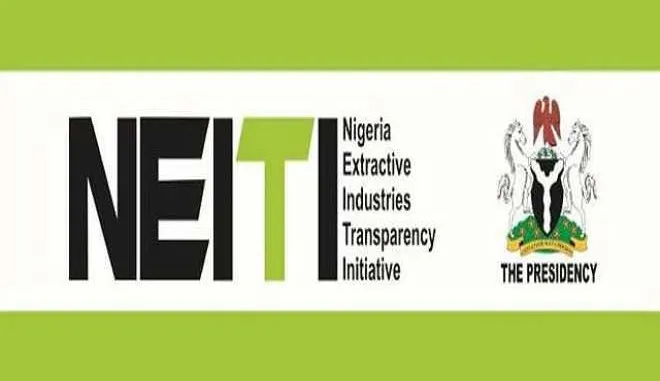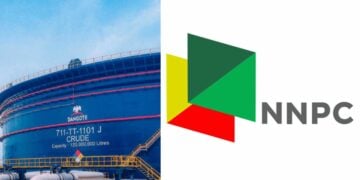The federal government realised $46.09 billion from oil and gas revenue in two years, the Nigeria Extractive Industries Transparency Initiative (NEITI) has said.
According to NEITI’s 2021–2022 Oil and Gas Industry Reports, Nigeria earned $23.04 billion in 2021 and $23.05 billion in 2022 from the sector.
However, some companies and government agencies still owe the federation about N1.5 trillion, which could have been used to improve energy and healthcare services.
The NEITI’s executive secretary, Dr Ogbonnaya Orji, revealed this on Thursday during the 2025 Association of Energy Correspondents of Nigeria (NAEC) conference in Lagos.
At the event, Orji also said the government lost about 13.5 million barrels of crude oil, worth $3.3 billion, to theft and pipeline vandalism between 2023 and 2024, according to the Nigeria Extractive Industries Transparency Initiative (NEITI).
He criticised the lack of transparency and accountability in Nigeria’s oil and gas sector, saying openness and innovation are key to improving the industry.
Speaking on the theme “Nigeria’s Energy Future: Exploring Opportunities and Addressing Risks for Sustainable Growth,” Orji said the lost revenue could have funded the country’s entire health budget for a year or provided electricity to millions of homes.
Orji stressed that transparency is not optional but necessary for a sustainable energy future. He said NEITI is working to ensure every barrel of crude oil produced is adequately accounted for, noting that secrecy in the value chain remains a serious issue. According to him, reliable data is essential because ‘data builds trust, trust drives investment, investment generates revenue, and revenue delivers results.’
He explained that NEITI has grown from an auditing agency to a whole governance reform body. The organisation now conducts regular audits of the oil, gas, and solid minerals sectors, tracks production and payments, and exposes the real owners of over 4,800 extractive assets through its Beneficial Ownership Register.
NEITI has partnered with agencies like NUPRC, NMDPRA, and NCDMB to promote licensing, metering, and community trust management transparency.
Additionally, it introduced the Just Energy Transition and Climate Accountability Framework to ensure Nigeria’s shift to cleaner energy is fair and transparent.





